New Haven, CT Drug & Alcohol Treatment Centers
Looking for help with addiction in New Haven, CT?
Insurance
Treatment Programs
Looking for help with addiction in New Haven, CT?
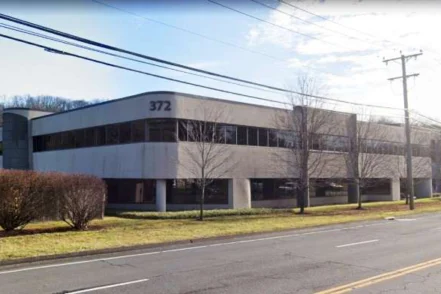
372 Danbury Road Wilton, Connecticut 06897
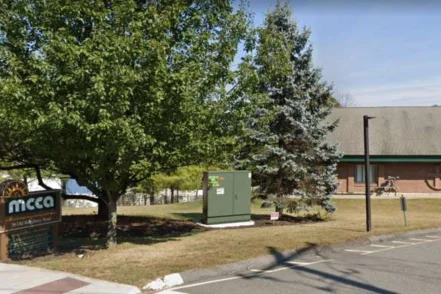
38 Old Ridgebury Road Danbury, Connecticut 06810
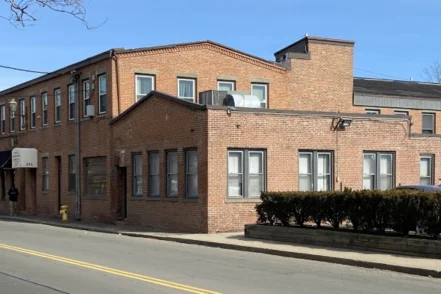
311 East Street New Haven, Connecticut 06511
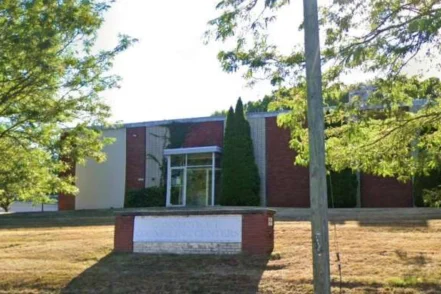
60 Beaver Brook Road Danbury, Connecticut 06810
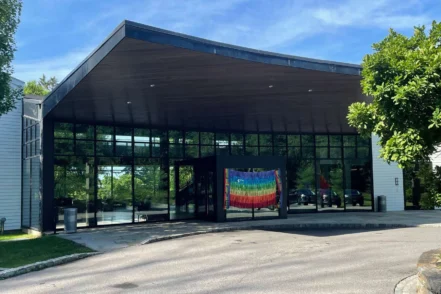
187 South Canaan Road Canaan, Connecticut 06018

556 Washington Ave, Unit 201 North Haven, Connecticut 06473
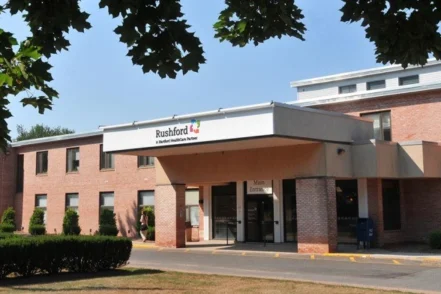
883 Paddock Avenue Meriden, Connecticut 06450
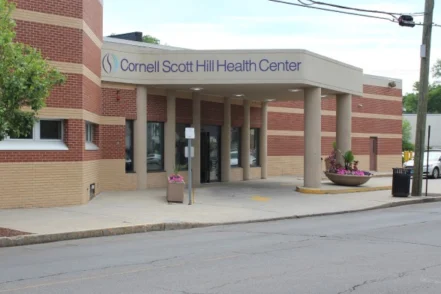
400 Columbus Avenue New Haven, Connecticut 06519

208 Valley Road New Canaan, Connecticut 06840